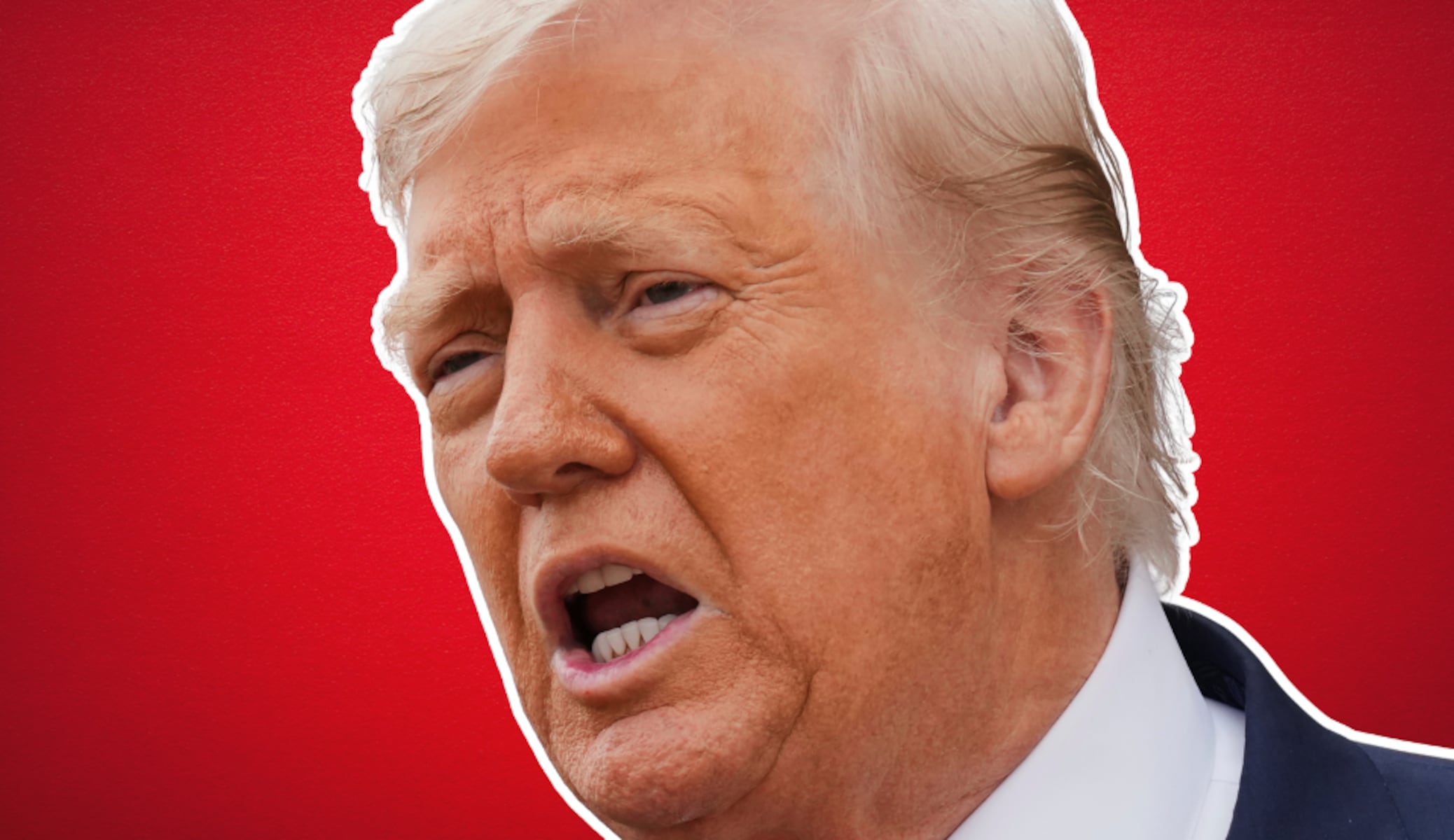Former President Donald Trump has vigorously defended his signature tariff policy, asserting that these economic measures are instrumental in making America “GREAT & RICH Again.” This staunch advocacy from Donald Trump comes amidst ongoing criticism from lawmakers and economists who warn of potential price increases and negative impacts on consumers should such taxes continue to be levied, impacting the US economy.
Trump’s defense was prominently featured in a recent Truth Social post, where he reiterated his belief in the transformative power of tariffs. He argued that these taxes were historically used against the United States, and when coupled with what he described as “dumb, pathetic, and crooked politicians,” they had a devastating impact on the nation’s future and even its survival, hindering American prosperity.
However, according to Trump, the tide has now completely turned, with America successfully countering this perceived “onslaught of Tariffs.” He claimed that just one year prior, America was a “dead country,” but has since become the “hottest” country globally, attributing this resurgence to his strategic use of economic policy.
Beyond his rhetoric, Trump has taken concrete steps to reinforce his tariff agenda. He recently signed orders aimed at imposing a 50% tariff on certain goods and justifying new duties based on various international issues, including the criminal prosecution of former President Jair Bolsonaro and the treatment of U.S. social media companies by foreign nations, signaling intensified trade wars.
A significant aspect of these new measures is the effort to close what Trump termed the “tariff loophole,” which previously allowed goods priced under $800, predominantly from China, to enter the American market duty-free. This policy change is intended to ensure that all imported goods contribute to the domestic economy through taxation, central to his broader tariff policy.
Furthermore, the former president detailed a specific agreement with South Korea, indicating a planned 15% tariff instead of the more severe 25% he had previously threatened. This nuanced approach also includes provisions for South Korea to purchase a substantial $100 billion in energy resources from the U.S. and provide $350 billion for American-owned and controlled investments, personally selected by him as president, further shaping US economy foreign relations.
These bold moves underscore Donald Trump’s consistent economic philosophy, which prioritizes domestic industry protection and aims to rebalance international trade relationships. The ongoing debate surrounding tariffs highlights a fundamental divergence in economic thought, pitting protectionist measures against free-market principles and their potential long-term consequences for global commerce and future American prosperity.






Leave a Reply